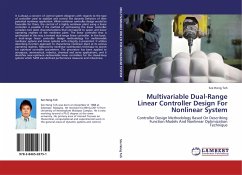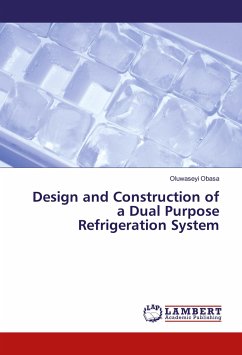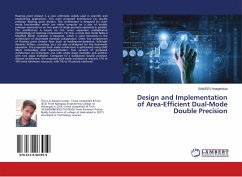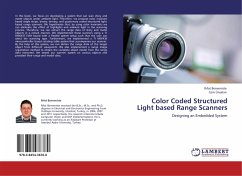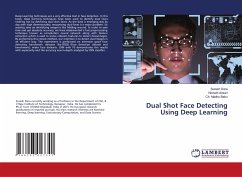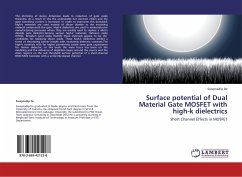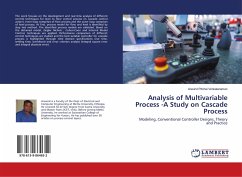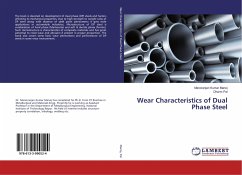It is always a concern of control system designers with regards to the type of controller used to stabilize and control the dynamic behavior of their potential nonlinear application. While nonlinear controller design would be favorable for them, the control of a highly nonlinear plant using a linear controller is possible if the method of synthesizing the linear controller considers two plant characterizations that correspond to upper and lower operating regimes of the nonlinear plant. The linear controller that is synthesized in this way is termed dual-range linear controller. In this book, a dual-range linear controller design methodology for multivariable nonlinear systems and linear systems with integrity is presented. It utilizes describing function approach to characterize nonlinear plant at its various operating regimes, followed by nonlinear optimization technique to search for optimum controller parameters. The procedure has been applied to aerospace, aeronautical, robotics, chemical and servo applications, and it identifies near-optimum multivariable linear controllers for the closed-loop systems which fulfill user-defined performance measures and robustness.
